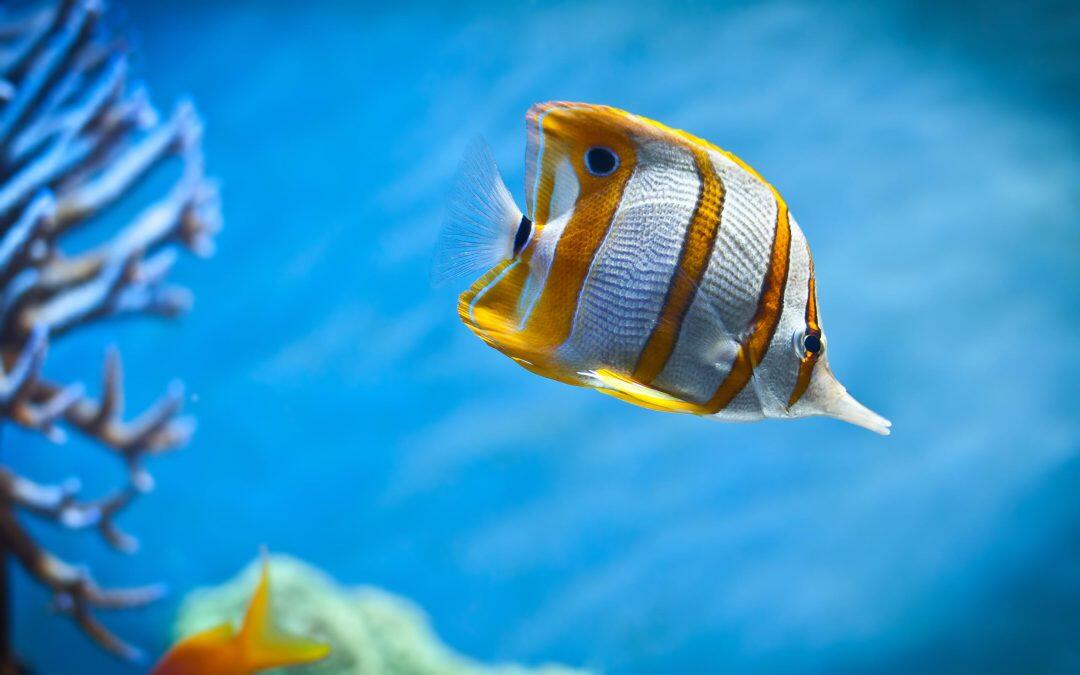The fish that inhabit the coral systems become stressed if they lose weight or are separated from their peers, which reduces their chances of survival, according to a study published today in Australia.
Scientists from James Cook University first studied metabolic rates, which are indicators of stress-levels of fish on the Great Barrier Reef in northeastern Australia, to understand why they prefer to socialize.
To do so captured shoals of green damselfish (Chromis viridis) living around Lizard Island to study these indicators copies, both in isolation and within the group, according to a university.
“We suspected that fish shoals obtained a calming effect on group life, but so far had not been able to measure what the effect on an individual,” explained study author Lauren Nadler.
“The fish were isolated lost weight a week later, which means that his health deteriorated compared to those who remained in the group,” Nadler said said that the young ladies “were quieter and less distressed when his companions were close “.
The study concluded that if these fish were alone in the ocean -a cause, for example, a cyclone tropical- need a greater amount of food to keep your energy level.
The presence of companions, however, helps them find these provisions and be more alert to the potential presence of predators.
“The extra energy that the fish gain by being in their schools is very important because it allows them to survive, reproduce and pass their genes to the next generation,” said Marck McCormick, co-author of the study published in the Journal of Experimental Biology.











